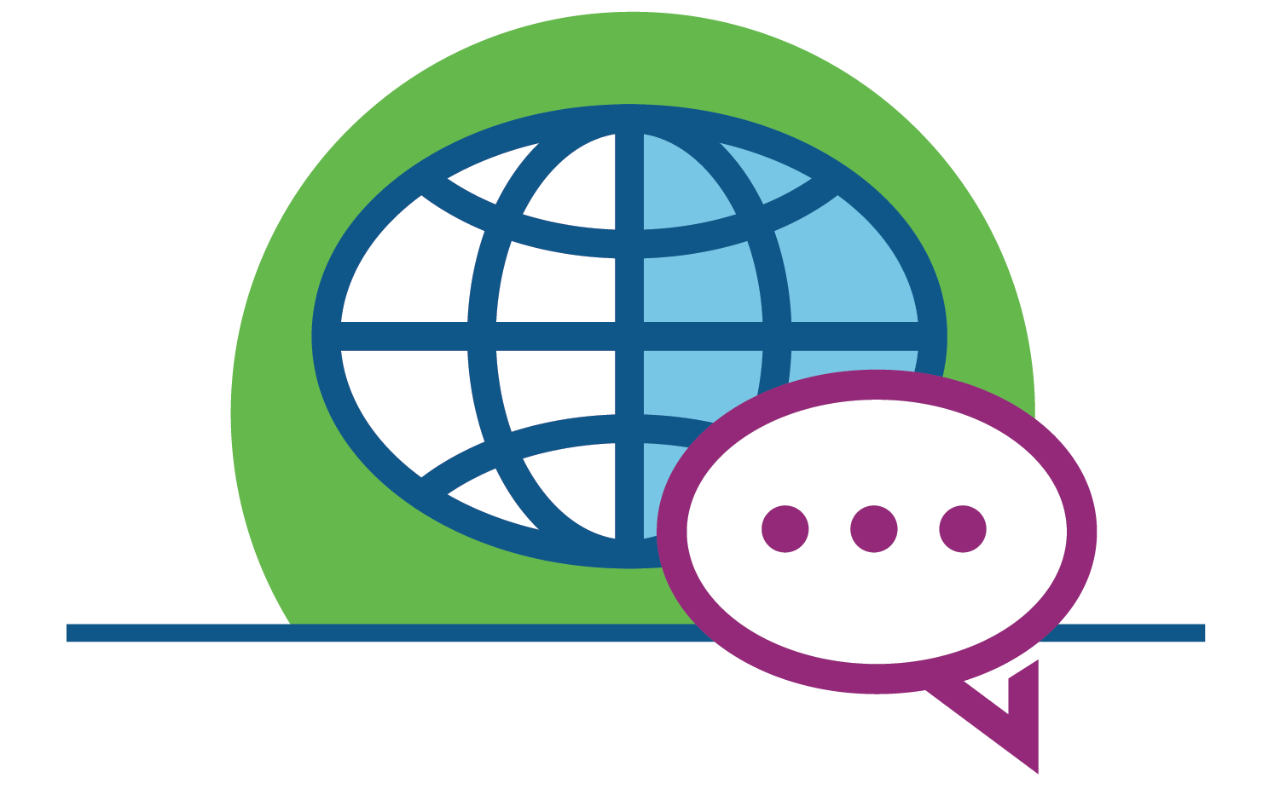OCLC is committed to advancing equity, diversity, and inclusion
As a nonprofit, membership organization, OCLC reflects the shared expectations of libraries around the world. Its founders infused our organization with a strong sense of public purpose and librarian values, including equity, diversity, and inclusion (EDI).
Many of our customers and content partners are engaged in or leading equity initiatives for the betterment of their communities and users. As their chosen technology partner, we are committed to using our platform and resources to support, elevate, and amplify that work.
To do this effectively, we must also continually evaluate and calibrate our internal practices and policies to ensure OCLC’s workplace culture truly reflects our purpose and values.
Making our values known
“OCLC stands in solidarity with our libraries and the communities they serve to oppose systemic racism and injustice.”
Skip Prichard President and Chief Executive Officer, OCLC
Read more about OCLC’s commitment to social justice on the Next blog
Our workplace culture and values
We believe in the dignity and worth of every individual. We know that diverse and inclusive teams drive creativity and innovation. For many years, OCLC has lived out these values through human resource practices as well as through our products and services. In 2020, Skip Prichard, OCLC's President and Chief Executive Officer, called for the formation of an internal working group to advise and guide OCLC’s efforts to advance racial equity.
- Fellowships, scholarships, and sponsorships for librarians from underrepresented groups
- Domestic partner benefits and pride recognition
- Cultural heritage celebrations
- Diverse workforce representation goals in manager compensation packages
- Ongoing employee training on equity, diversity, racial bias, and inclusion
Using our technology and resources to advance racial equity
OCLC has organized a diverse group of experts, practitioners, and community members to explore the opportunities and challenges of implementing antiracist and inclusive language in metadata descriptions. This community convening is deepening OCLC’s understanding of community needs and directions and facilitate the development of an agenda that organizations can use to re imagine descriptive practices for libraries, archives, and other memory institutions.
We are now working on eradicating the term “Master record” and other insensitive terminology from services, product documentation, marketing collateral, and public web pages. “WorldCat record” will replace “master record.” Although this requires development work on user interfaces, we believe this is the right step. In products like CONTENTdm, “digital original” will replace “master file” and “base set” will replace “master set.” We are auditing other systems and terminology to ensure appropriate descriptions are reflected.
This project enables WorldCat to filter and facet content about the Aboriginal and Torres Strait Islander peoples—Australia’s first people—by extending language coding in MARC records to better facilitate ingest and discovery of records for resources that include these native languages. This will help to raise the visibility of the richness and diversity of Aboriginal and Torres Strait Islander cultures. The changes also have applications beyond Austlangs that will allow for significantly expanded language representation in WorldCat.
Responding to our members' needs

Public libraries
Through WebJunction, OCLC offers free webinars, trainings, and resources to help public library staff create a welcoming, inclusive environment that meets the needs of their diverse local communities. WebJunction has partnered with the nonprofit Legal Services Corporation to strengthen access to civil legal justice through public libraries, and the team is currently working with Washington State University to develop training for staff of tribal and rural libraries on community-centered curation of cultural collections.
Academic libraries
OCLC Research hosts a Distinguished Seminar Series that has focused on EDI topics since 2016 and our Research Library Partnership (RLP) hosts a webinar series, Works-in-Progress, that addresses EDI issues in academic libraries. The RLP is also increasing its programming that examines racial inequity as it relates to library operational workflows, like collection building and metadata practices.


Global conversations
Global Council, comprising 48 elected member library leaders, hosted roundtable discussions on issues of race and antiracism and the library’s role around the world. In 2020, the Council selected the United Nations Sustainable Development Goals (SDGs) to help foster increased awareness and adoption of the SDGs. Goal #10 Reduced Inequalities, was selected as one of the five goals to survey libraries on globally. Working with OCLC Research, this study will culminate in a membership report in June 2021 as the Council continues roundtable discussions on what more libraries can do.
Related reading
Charleston Syllabus
Find out how a group of scholars and librarians used WorldCat.org to share resources related to civil rights, African American issues, and the impact of history on today's culture.
OCLC Research Library Partnership Survey
Results and discussion of the 2017 RLP survey that was conducted to explore if and how the RLP’s 150 Partner Institutions were modifying library and archival collections, practices, and services through the lens of equity, diversity, and inclusion.
Hanging Together, the blog of OCLC Research
Read how OCLC Research supports academic libraries in addressing equity, diversity, and inclusion.
